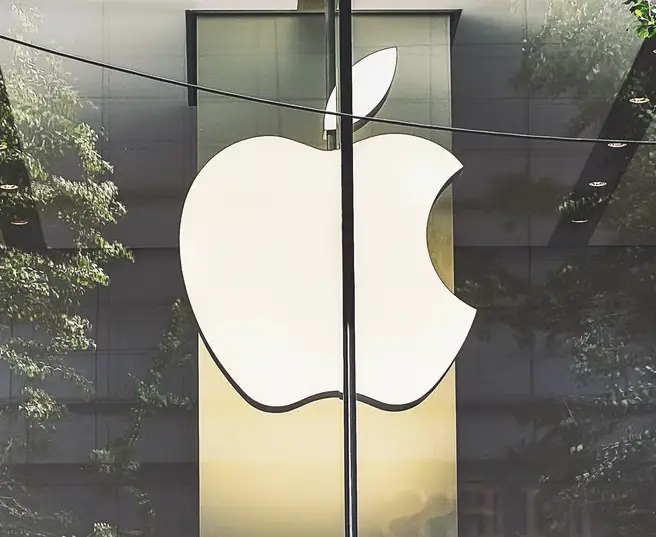On Saturday, at the China Development Forum in Beijing, Apple CEO Tim Cook said that the iPhone maker and China had “grown together” over the past thirty years, and they now shared a relationship which he called “symbolic.”
Cook noted in his first visit to China since the Covid-19 pandemic in 2020, that his company would soon be celebrating it’s 30th anniversary of its operations in China.
The Financial Times quoted the CEO as saying, “We could not be more excited… Apple and China… grew together and so this has been a symbiotic kind of relationship.”
Cook also heaped praise on Apple’s “very large supply chain operation in China,” as well as “a thriving App Store” Apple operates in the Chinese market.
According to other local outlets, Cook praised China’s propensity to innovate, saying, “innovation is developing rapidly in China and I believe it will further accelerate.”
Cook also stated that Apple would increase its investment in its rural education programs in China to 100 million yuan ($14.5 million), noting the “need for young people to learn programming [and] critical thinking skills.”
Cook’s visit was seen as somewhat ironic to observers, coming as it did, as China and the United States are at loggerheads. The United States is seeking to block China’s access to numerous technologies in an effort the stifle the nation’s technological development in areas which have national security implications.
The trip comes after a difficult 2022 for Apple, which saw the iPhone maker suffer from supply chain constraints on its production produced by China’s zero-Covid regulations. In the fourth quarter of 2022, the company saw its revenue fall for the first time in over three years, after it was forced to delay deliveries of its products during the all-important holiday period due to production problems in China produced by Covid lockdowns.
Cook steered his comments away from those problems, however, seeking a more congratulatory tone for his remarks.
Although there have been reports Apple will shift iPhone production toward India, some analysts think the company is unlikely to shift production in the near term, due to the massive scope of the products it produces in China being too complex to move.
Market research firm Counterpoint has noted that as of September 2022 Apple’s manufacturing plant in Zhengzhou produced 85% of the company’s iPhone Pros.
Analysts who think a move is unlikely note that China brings together a range of requirements for iPhone production which are difficult to assemble in other countries, such as availability of materials and components, a well-organized manufacturing infrastructure, and access to a large population of engineers who will work for lower wages than elsewhere.


